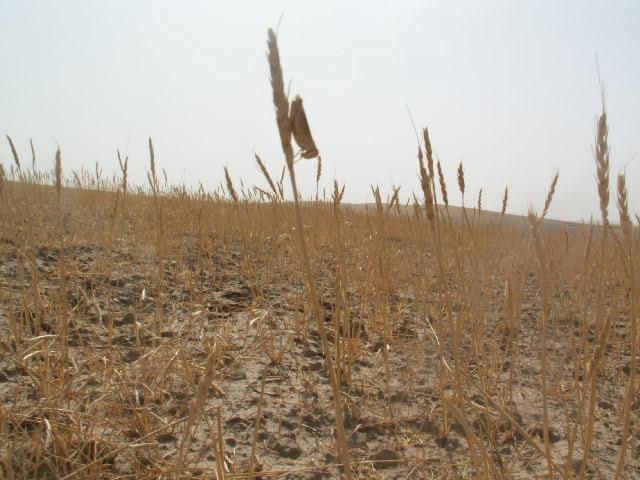Rainfall is a crucial phenomenon within a climate system, whose chaotic nature has a direct influence on water resource planning, agriculture and biological systems. Within finance, the level of rainfall over a period of time is vital for estimating the value of a financial security. In this study we evaluate seven machine learning methods for rainfall prediction in the context of weather derivatives.
Regression problems provide some of the most challenging research opportunities in the area of machine learning, and more broadly intelligent systems, where the predictions of some target variables are critical to a specific application. Rainfall is a prime example, as it exhibits unique characteristics of high volatility and chaotic patterns that do not exist in other time series data. This work’s main impact is to show the benefit machine learning algorithms, and more broadly intelligent systems have over the current state-of-the-art techniques for rainfall prediction within rainfall derivatives. We apply and compare the predictive performance of the current state-of-the-art (Markov chain extended with rainfall prediction) and six other popular machine learning algorithms, namely: Genetic Programming, Support Vector Regression, Radial Basis Neural Networks, M5 Rules, M5 Model trees, and k-Nearest Neighbours. To assist in the extensive evaluation, we run tests using the rainfall time series across data sets for 42 cities, with very diverse climatic features. This thorough examination shows that the machine learning methods are able to outperform the current state-of-the-art. Another contribution of this work is to detect correlations between different climates and predictive accuracy. Thus, these results show the positive effect that machine learning-based intelligent systems have for predicting rainfall based on predictive accuracy and with minimal correlations existing across climates.
The study has been published in Expert Systems with Applications and it is a collaborative work of Sam Cramer, Dr. Michael Kampouridis, Prof. Alex A. Freitas and Dr. Antonis K. Alexandridis.

